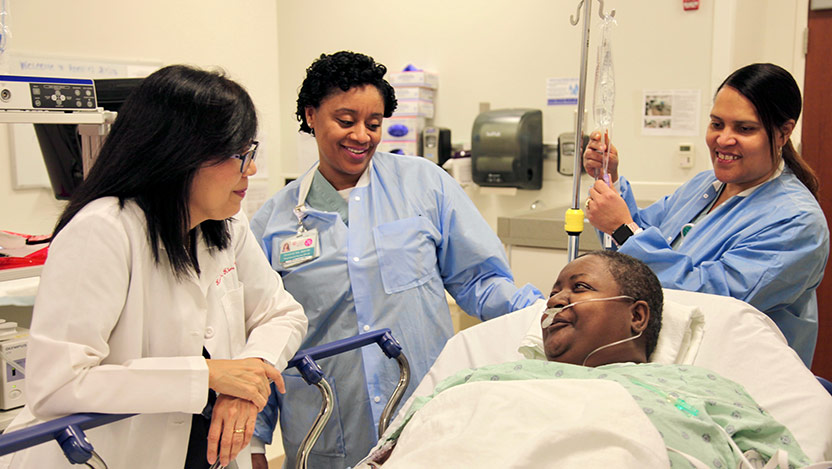
Colon cancer is one of the most common and deadly forms of cancer, and colonoscopy screening is one of the most effective ways to detect and treat it. Studies have consistently shown that colonoscopy screening can reduce the risk of death from colon cancer by up to 60 percent. The American Cancer Society recommends that people at average risk for colon cancer begin regular screening at colonoscopy screening clinic at 45 age. People at higher risk, such as those with a family history of the disease, may need to start screening earlier.
Colonoscopy is the most common type of screening for colon cancer. During a colonoscopy, a doctor uses a thin, flexible tube with a camera on the end to look inside the colon and rectum for signs of cancer. If any suspicious areas are found, the doctor can take a biopsy to test for cancer. Studies have consistently shown that colonoscopy screening can reduce the risk of death from colon cancer. A recent study published in the journal Cancer found that regular colonoscopy screening was associated with a 60 percent reduction in the risk of death from colon cancer.

The study also found that the benefits of colonoscopy screening clinic were greatest for people aged 50 to 69. This age group had the highest risk of death from colon cancer, and the greatest benefit from screening. The study also found that the benefits of colonoscopy screening were greatest for people who had the procedure every 10 years. People who had the procedure every five years had a slightly lower risk of death from colon cancer, but the difference was not statistically significant. People at risk for colon cancer might need to start sooner or undergo testing more frequently. The study also found that the benefits of colonoscopy screening were greatest for people who had the procedure done by a doctor with experience in the procedure. People who had the procedure done by a doctor with less experience had a slightly higher risk of death from colon cancer, but the difference was not statistically significant.



